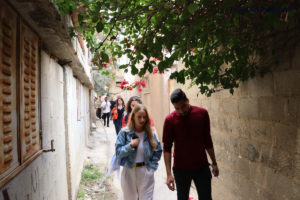Whether you are coming to Palestine via Travel to Palestine, or some other way, having a proper visa is always important. Over 420 million people worldwide speak Arabic, making it the 6th most spoken language globally. Known for its rich vocabulary and poetry, Arabic attracts many international learners. The Middle East, with its native speakers, is an ideal destination for Arabic students to practice and immerse in the language. Palestine is an excellent place to learn Arabic. The dialect spoken here is also used in Syria, Jordan, Lebanon, Israel, and parts of Turkey, making it useful for future travels.
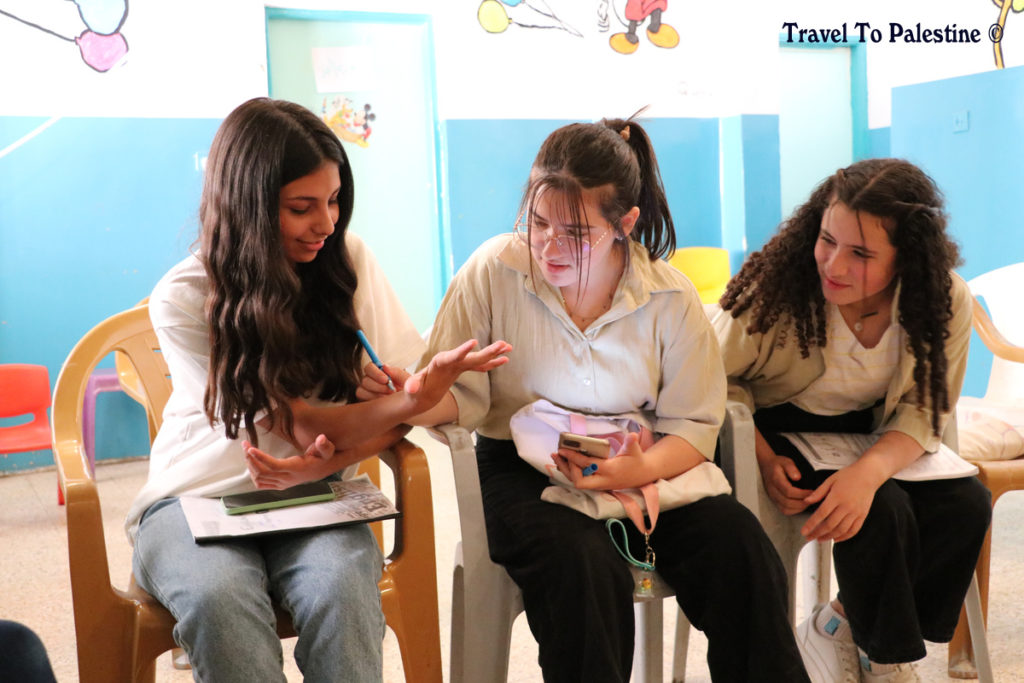
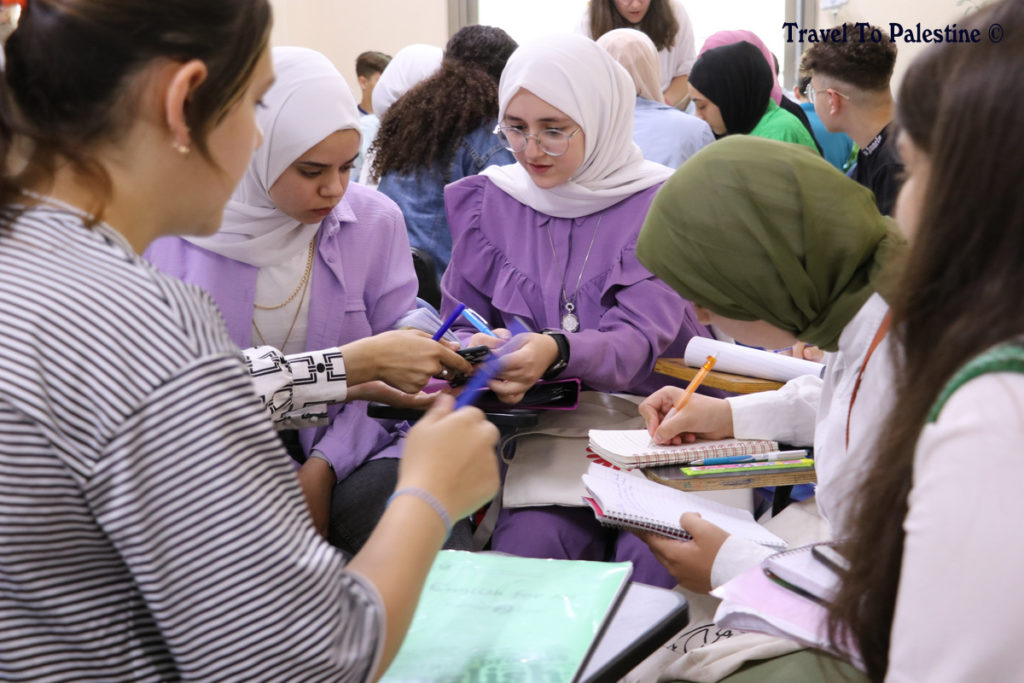
The hospitality of Palestinians means you’ll quickly make friends who invite you into their homes, perfect for practicing Arabic. While learning Arabic in Palestine, you’ll gain insights into its history, and international politics, and enjoy its stunning landscapes, cuisine, and historical sites. However, be prepared to deal with Israeli authorities, as Israel controls Palestine’s borders and can be suspicious of visitors. Here, we answer practical questions to help you enter Palestine smoothly.
Can I Study Arabic With A Palestinian Visa?
Unfortunately, Israeli authorities control all the borders leading to Palestine, whether you arrive through the Jordan-Israel border or Ben-Gurion International Airport. Therefore, you cannot. However, you will get an Israeli visa for up to 3 months at both entry points.
Am I Allowed to Study Arabic in Palestine with an Israeli Visa?
Yes, you can since it is the only way to enter Palestine. Israeli authorities are fully aware that many internationals come to Palestine to study Arabic, and thus they will give you a tourist visa for up to three months.
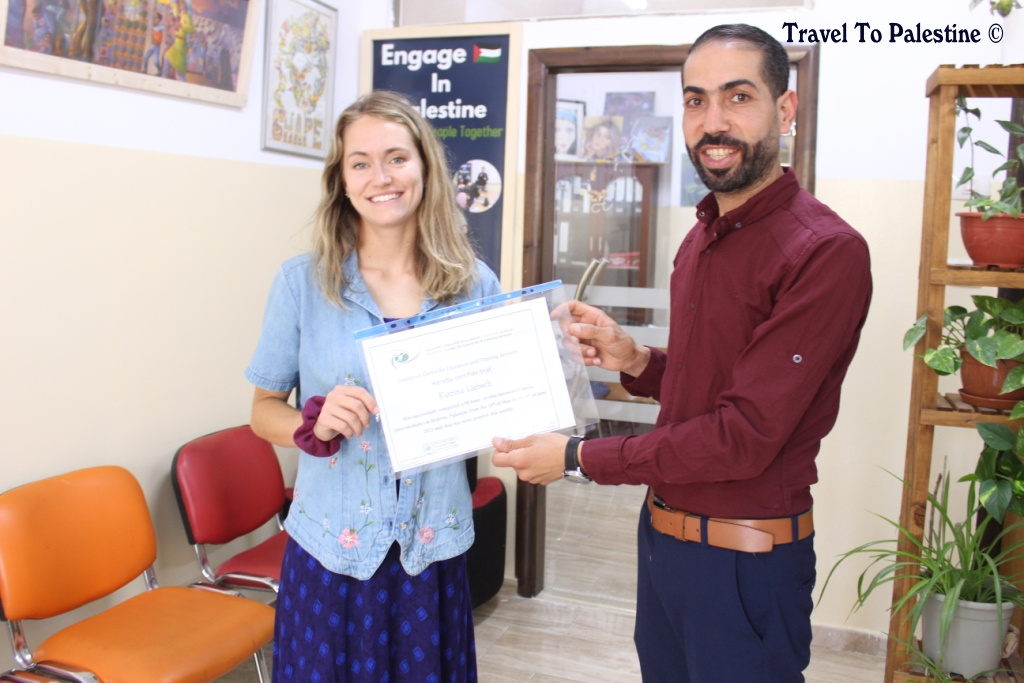
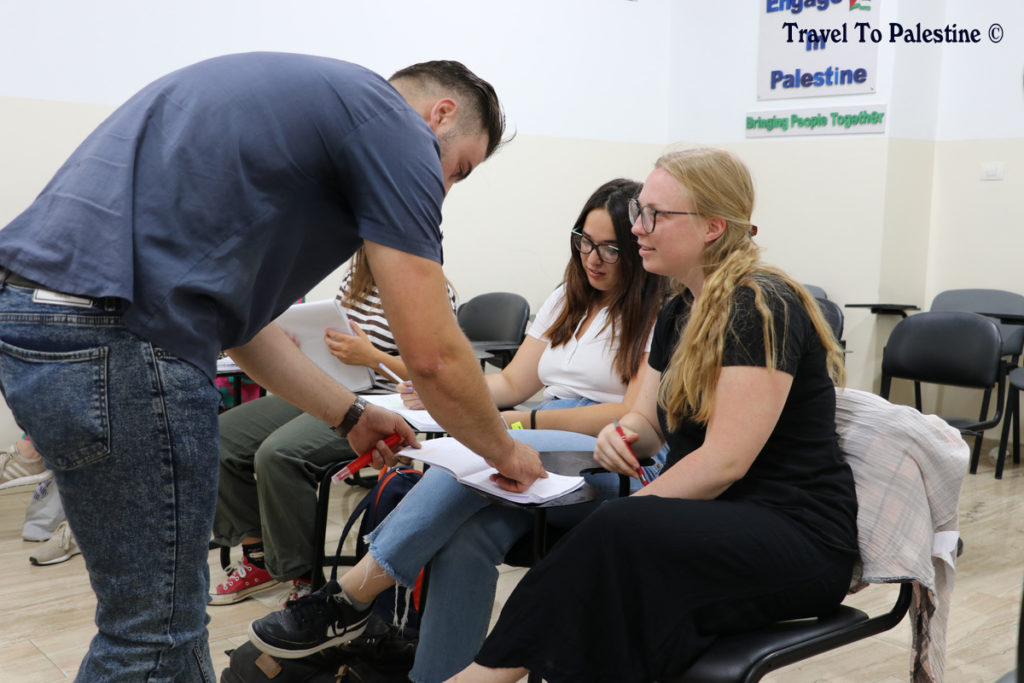
Will Israel Deny Me a Visa If I Study Arabic In Palestine
No, the authorities will grant you a visa to study Arabic in a native Arabic country. However, to avoid any complications, we recommend that you tell the rules if questioned. While you are visiting Israel, you intend to see several well-known landmarks. You may be asked to name a few places you want to visit, so be prepared. Some people are questioned at the airport or borders longer than others. This is relatively random, although those with an Arabic background or non-European appearance have higher chances of being interrogated. To give you some idea of what might happen, we asked foreigners at the center about their experiences.
Experiences
Ina (22) from Costa Rica was questioned for an hour at the airport in the USA. She flew to Israel with an Israeli airline. ‘They asked about the names of my family, why I had visited Dubai and Egypt, and if my water bottle was mine. They also checked my luggage, which took a long, so it was shipped on a later flight and I had to go back to the airport the next day to pick up my luggage. I did not tell them I would be studying in Arabic, but just that I would visit places in Israel. In the end, they let me go.’
Luke (25) was asked about his studies. Why do you study Arabic? Why Hebron? I told her I was interested in politics and would learn Arabic in the West Bank. Then she let me through.
Tom (24) from Great Britain was questioned for ten minutes. ‘I told them I would be teaching English and studying Arabic in the West Bank. This seemed to be no problem, but when they asked me if I knew people in Israel, I told them: no, but I do know people in the West Bank. For some reason, I precisely said the thing I should not have said. The woman at the counter got on the phone for a minute, and after she hung up, she told me I could go.’
Another very important testament comes from Amal
Amal (26) was interrogated for one and a half hours. She is half Egyptian, half Tunisian, with a Dutch passport. ‘I lied two times about where I would stay and if I knew people in Israel or Palestine. They checked my phone, went through my WhatsApp and all my social media, and discovered I had a lot of Palestinian numbers. Then they asked me why I lied. I told them I was afraid because they stopped me for no reason. The woman seemed to understand and told me not to be scared. After that, she said I must tell the truth or I would be sent back to the Netherlands. After telling the truth, she told me I would get my passport back, but I had to wait an hour because they needed to register all my information.’
In general, telling the Israeli authorities that you will go to Hebron to learn Arabic will not be a problem. However, the security checks are unpredictable, and if they suspect any political activity on your site, they may give you a hard time. The safest option is to say you will be traveling through Israel to famous places such as Tel Aviv, Haifa, Nazareth, Jerusalem, the Dead Sea, etc. Then, temporarily deactivate or delete your politically colored social media and WhatsApp posts.
Where Can I Study Arabic in Palestine with an Israeli Visa or Otherwise?
In Palestine, several educational institutions provide Arabic courses to the international. The Excellence Center is in Hebron (southern Palestine) and offers intensive Arabic courses (beginner-advances). Our teachers are native Palestinians, and they will devise a program dependent on your learning goals. Apart from intensive Arabic courses, we also offer three hours of Arabic classes a week to anyone who comes to the Excellence Center to volunteer or intern. If you would like to find out more, click on the following link: http://excellencenter.org/study-arabic-in-palestine/.
Concluding Thoughts
In conclusion, whether you come here to study Arabic in Palestine with an Israeli visa or not, learning Arabic in Palestine is a unique and enriching experience. The widely understood dialect and the hospitality of the Palestinian people create a welcoming environment for language learners. Despite political complexities and navigating Israeli border controls, studying Arabic in Palestine is rewarding and offers deep cultural insights.
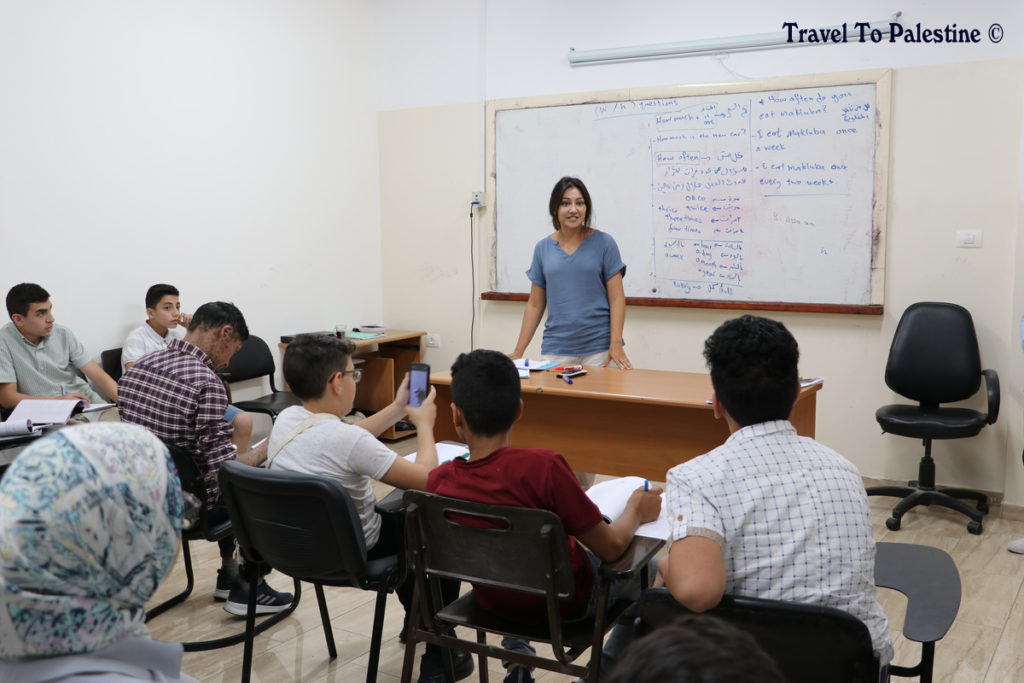
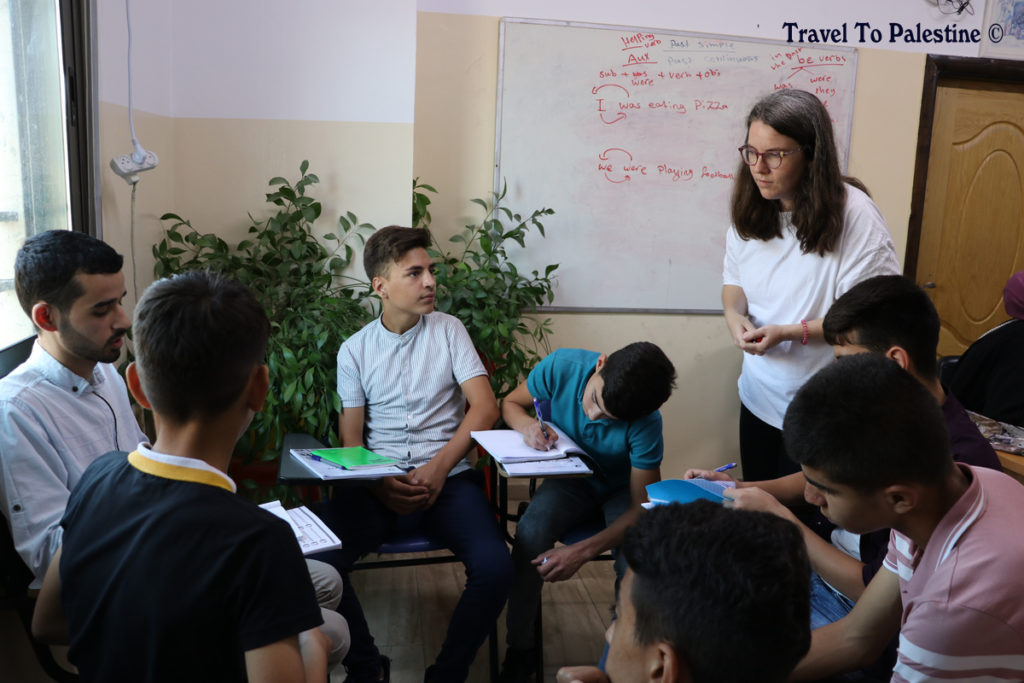
Honesty and preparation can ease interactions with Israeli authorities, making your entry smoother. The educational institutions provide tailored courses, and the region’s landscapes, cuisine, and historical sites enhance the learning journey. Overall, the benefits of learning Arabic in Palestine far outweigh the challenges, promising an effective and memorable experience.
Tags: Arabic courses in Palestine Israeli visa, Arabic education Palestine Israeli visa, Arabic immersion Palestine Israeli visa, Arabic language Palestine Israeli visa, Arabic programs Palestine Israeli visa, Israeli visa Arabic language Palestine, Israeli visa Arabic studies Palestine, Israeli visa for Arabic studies in Palestine, Israeli visa Palestinian Arabic school, learn Arabic Palestine Israeli visa, Palestine Arabic learning Israeli visa, Palestinian Arabic classes with Israeli visa, Palestinian Arabic lessons Israeli visa, study Arabic in Palestine with Israeli visa, studying Arabic in Palestine on Israeli visa
